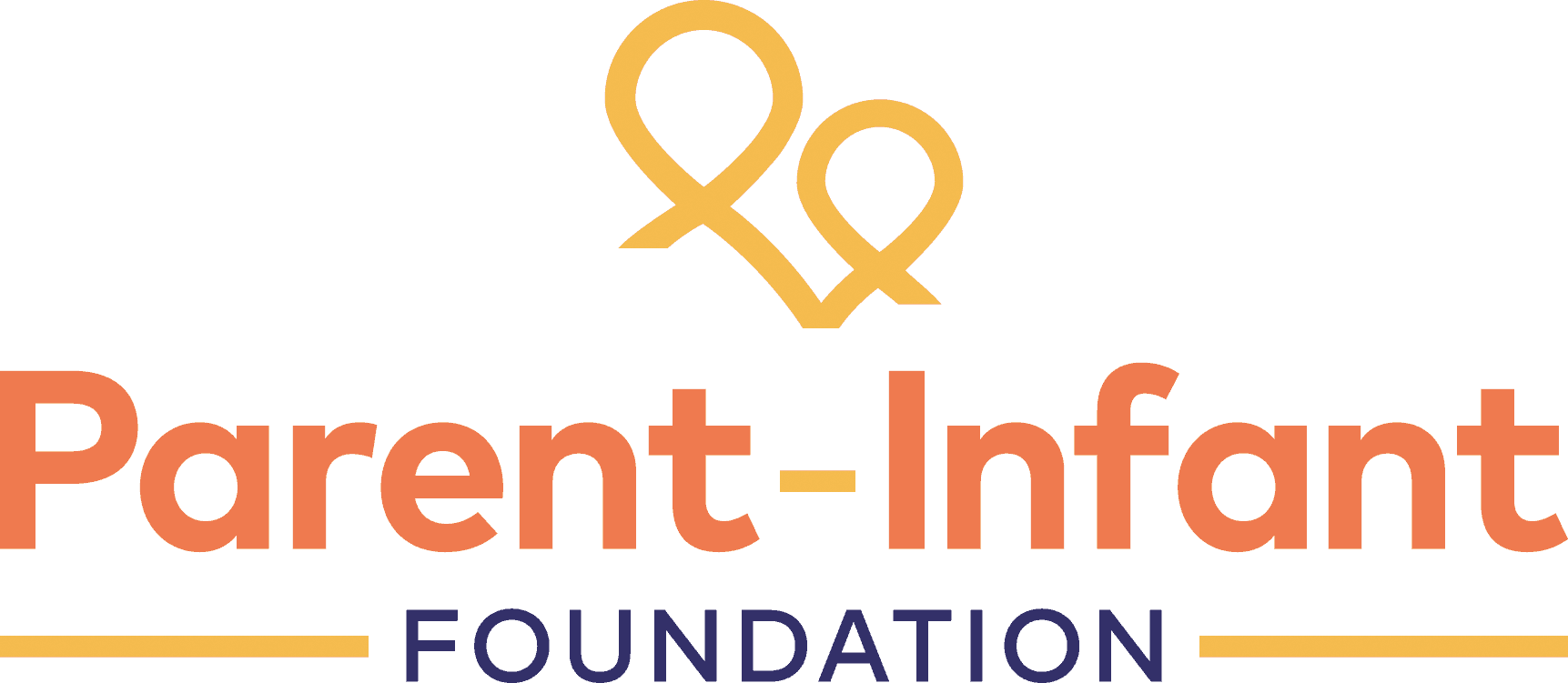There is an economic case for supporting parent-infant relationships, particularly in more vulnerable families.
Many family interventions during the first 1001 days have been shown to deliver greater return on investment. This is because:
- It is relatively easier and more effective to act early (prevention is better than cure)
- The families with the greatest need for specialist early intervention tend to make the greatest gains from it
- Early action leads to accumulated savings by preventing other services being required later in the child’s life
- Effective early intervention improves the child and family’s participation in the economy
James Heckman has shown that money spent on interventions at this stage of the life course brings the greatest dividends.
A number of publications have estimated the costs of ‘late intervention’ in children’s lives. For example, mental health problems in children and young people are associated with excess costs estimated at between £11,030 and £59,130 annually per child. These costs fall to a variety of agencies (e.g. education, social services and mental health and include the direct costs to the family of the child’s illness). [1]
“What is one of the best ways a country can boost shared prosperity, promote inclusive economic growth, expand equitable opportunity, and end extreme poverty? The answer is simple: Invest in early childhood development. Investing in early childhood development is good for everyone – governments, businesses, communities, parents and caregivers, and most of all, babies and young children. It is also the right thing to do, helping every child realize the right to survive and thrive. And investing in ECD is cost effective: For every $1 spent on early childhood development interventions, the return on investment can be as high as $13.”
Unicef, World Bank and World Health Organisation Nurturing Care Framework
